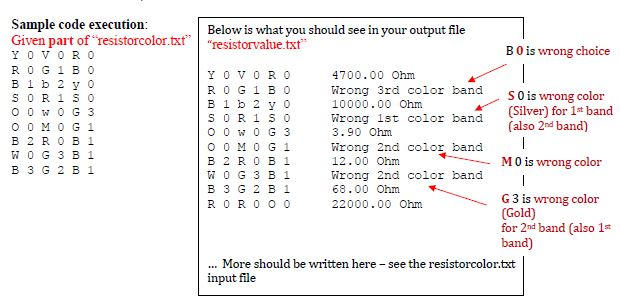
- Udf txt write deestination how to#
- Udf txt write deestination install#
- Udf txt write deestination code#
Udf txt write deestination code#
In addition, there is an advantage that it is not necessary that UDF development code relies on Impala being installed on the same machine.
Specify impala-udf-devel or impala-udf-dev, for the package name. For our operating system version, locate the appropriate. There are header files, sample source, and build configuration files, in this package. Udf txt write deestination install#
Initially, download and install the impala-udf-devel package or impala-udf-dev, in order to develop Impala UDF. Install – Impala UDF & Development Package
UDF execution time often 10x faster for a C++ on comparing to Java UDF. Here, both Hive UDAFs and UDTFs are not supported. Moreover, Impala does not support Hive UDFs that accept or return the TIMESTAMP. It is must that the parameters and return value all should use scalar data types which are supported by Impala. There is a flexibility that User-Defined Functions (UDFs), which originally written for Hive, Impala can run them, even with no changes, but only subject to the several conditions: The reason behind it is the compiled native code can yield higher performance because of UDF execution time often 10x faster for a C++ on comparing to Java UDF. However, we use C++ UDFs while practical. In addition to supporting existing Hive UDFs written in Java, Impala supports UDFs written in C++ as well. Evaluates batches of rows and returns a separate value for each batch. select most_profitable_location(store_id, sales, expenses, tax_rate, depreciation) from franchise_data group by year select closest_Hotel(latitude, longitude) from places It evaluates multiple rows, however, returns a single value. Although, a (UDAF) returns a single value after accepting a group of values. Select obfuscate(sensitive_column) from sensitive_data However, it is called once for each row in the result set, while used in a query.įor example: select Employee_name, is_frequent_Employee(Employee_id) from Employees One of the most general forms of UDF takes a single input value and returns a single output value. In Impala UDF, we write might accept or produce different numbers of input and output values, on the basis of our use case: Note: There is no support for User-Defined Table Functions (UDTFs) or window functions, in Impala currently. Impala UDAFs can run and return a value based on a set of rows and scalar UDFs that return a single value for each row of the result set. After Impala 1.2, we can run both Java-based Hive UDFs that you might already have written and high-performance native code UDFs written in C++.  Using UDFs in a query required using the Hive shell, in Impala 1.1. In Impala 1.2 and higher, Impala support for UDF is available: In other words, to simplify query logic when producing reports, or in order to transform data in flexible ways while using INSERT … SELECT syntax to copy from one table to another, we can use UDFs.Īlso, under names stored functions or stored routines this feature is available in other database products. Impala User-defined functions are frequently abbreviated as UDFs.įor example, using an external math library- a UDF could perform calculations, also it can combine several column values into one, it can perform geospatial calculations, or other kinds of tests and transformations especially those are outside the scope of the built-in SQL operators and functions. In order to code our own application logic for processing column values during an Impala query, we use User-Defined Functions. So, let’s start Impala UDF (User-Defined Functions) Impala User-Defined Functions (UDFs) At last, we will cover some Impala UDF samples.
Using UDFs in a query required using the Hive shell, in Impala 1.1. In Impala 1.2 and higher, Impala support for UDF is available: In other words, to simplify query logic when producing reports, or in order to transform data in flexible ways while using INSERT … SELECT syntax to copy from one table to another, we can use UDFs.Īlso, under names stored functions or stored routines this feature is available in other database products. Impala User-defined functions are frequently abbreviated as UDFs.įor example, using an external math library- a UDF could perform calculations, also it can combine several column values into one, it can perform geospatial calculations, or other kinds of tests and transformations especially those are outside the scope of the built-in SQL operators and functions. In order to code our own application logic for processing column values during an Impala query, we use User-Defined Functions. So, let’s start Impala UDF (User-Defined Functions) Impala User-Defined Functions (UDFs) At last, we will cover some Impala UDF samples. 
In addition, we will see limitations of Impala UDFs to prevent any error while using it.

Udf txt write deestination how to#
Apart from Impala UDF introduction, we will also learn, how to write Impala User-Defined Functions (UDFs) in detail. In this Impala Tutorial, we will learn the whole concept of Apache Impala UDF (User-Defined Functions).







 0 kommentar(er)
0 kommentar(er)
